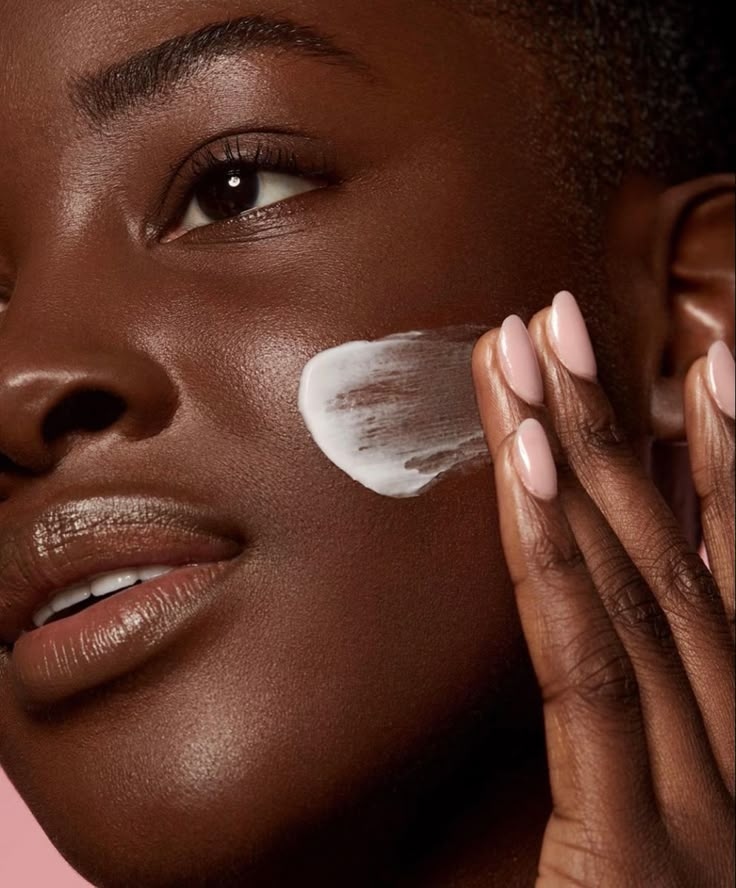Skincare advice is everywhere, but not all of it is true. Bebe Andrew-Jaja of Kreme Studios debunks seven common skincare myths so you can make smarter, science-backed choices.
The skincare industry keeps evolving, with new trends and products emerging constantly. Yet, myths still mislead many about what truly works for healthy, radiant skin. This guide debunks seven common skincare myths and misconceptions to help you make smarter choices. Whether you’re a beginner or a skincare enthusiast, you’ll discover what your skin needs.
Myth: Skin repairs only happen at night
Truth:
Skin repair happens 24/7. While nighttime allows for focused recovery, your skin also heals during the day. A well-rounded skincare routine—including sun protection—supports this ongoing process.

Myth: One antioxidant is the best
Truth:
Every year, a new antioxidant gets labelled as “the best.” But the truth is that a mix of antioxidants—like Vitamin C, Vitamin A, Vitamin E, Niacinamide, and Resveratrol—works better than just one. The right formula, in the right balance, delivers the best results. A skincare professional can help you find the ideal combination for your skin type.
Myth: Alcohol in skincare is always bad
Truth:
Not all alcohols harm your skin. Some, like cetyl, benzyl, and oleyl alcohol, act as emollients that prevent water loss. The only concern is for those with specific allergies. If you suspect a reaction, consult a doctor or allergist.

Myth: Vitamin A (Retinol, Retinaldehyde) thins the skin
Truth:
The opposite is true. Skin can thin from over-exfoliation or a lack of Vitamin A. This powerhouse ingredient boosts collagen production, improving skin thickness and firmness. Backed by decades of research, Vitamin A remains one of the most effective skincare ingredients. A licensed professional can guide you on proper usage.
Myth: Pigmentation and ageing signs fade quickly
Truth:
No, they don’t. Skin damage develops over time, and reversing it takes patience. Improvements depend on skin cell turnover, melanin regulation, and consistency. Expect several skin cycles before seeing noticeable results.
Myth: Scrubs and abrasive products improve skin
Truth:
Over-scrubbing damages the skin barrier, causing micro-tears, irritation, and premature ageing. Less is more. A gentle cleanser and light moisturiser work best for most skin types.
Myth: Darker skin doesn’t get sun damage

Truth:
Darker skin is not immune to sun damage. While melanin offers some protection, UV exposure still causes premature ageing, hyperpigmentation, and even skin cancer. Sun protection is essential for every skin tone. At my studio, we teach all clients the importance of sun prevention and protection.
By debunking these myths, I hope to empower you with accurate knowledge to make informed skincare decisions. Consistency, science-backed products, and understanding your skin’s unique needs will help you achieve the healthy, glowing skin you deserve. Stay informed, and don’t let skincare misconceptions hold you back.

